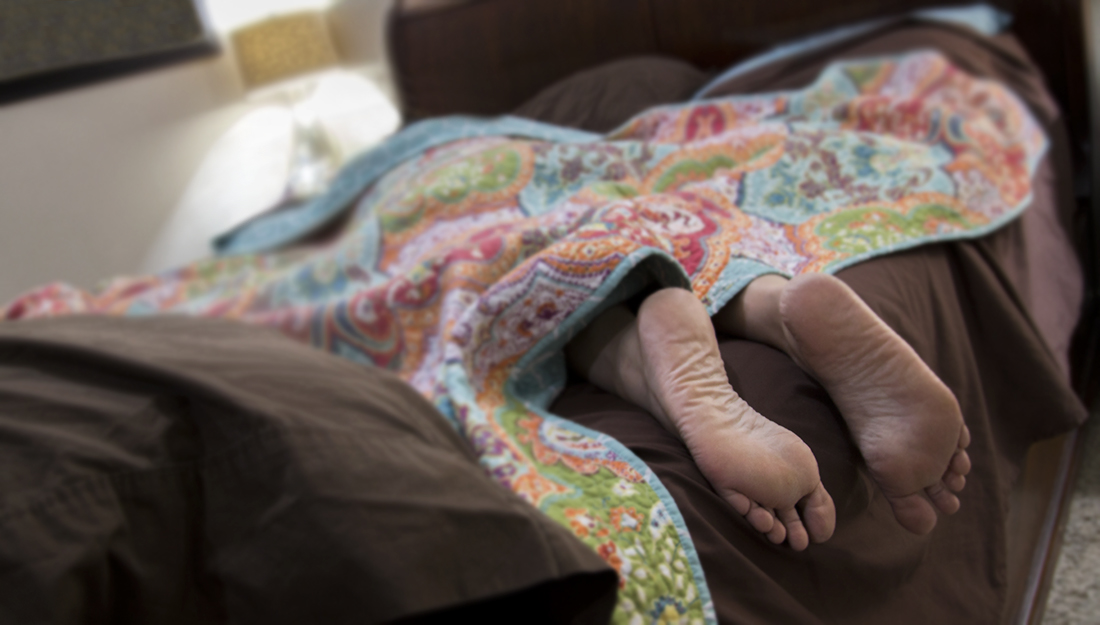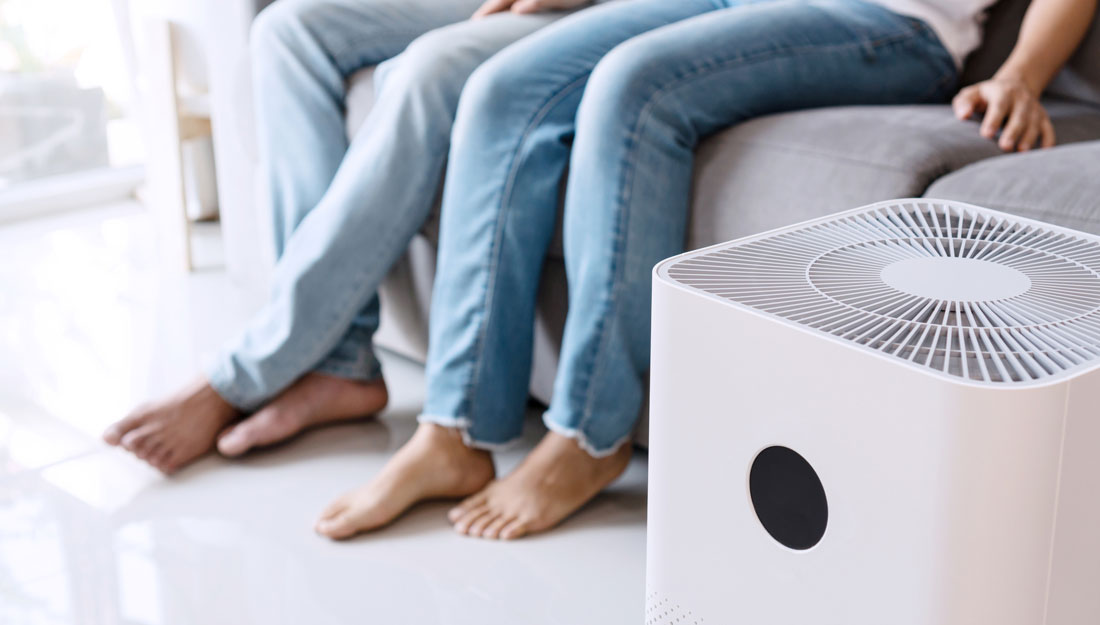- Dominic Hernandez
- Healthy Living, Show on VR homepage, Trending, You Asked
You asked: Why am I grumpy after a nap?
Coming out of a dreamland can turn into a real nightmare

We’ve all had a long day when you just want to go home and shut your eyes a bit, or maybe if it’s a particularly hard day, you’ll find any nearby couch or slightly oversized chair and just doze off a bit. Sometimes, after your midday shut-eye, you feel groggier and worse than when you went to sleep, and you notice that you’re not as refreshed as you hoped.
A sleep expert from Texas A&M explains why your nap left your mood drained and your grumpiness recharged.
Sleep inertia
It’s been a long day. Maybe you just got out of a test or have been working on project trying to meet a deadline. You decide to take a nap, but then afterward you wake up, and you just feel moody. Your little siesta did contribute to your mood.
“There is period of time after you wake up called ‘sleep inertia,’” said Steven Bender, DDS, director of the Center for Facial Pain and Sleep Medicine and clinical assistant professor with the Texas A&M College of Dentistry. “During this time, we are typically groggy, drowsy, disoriented or grumpy.”
How to make the most of your nap
The goal of a nap is simple—you want to come out better than you felt going in. If you can limit your sleep inertia, then you’re going to feel refreshed afterward.
“There are a bunch of different factors that determine your sleep inertia,” Bender said. “It boils down to how long the nap is taken, when the nap is taken and how sleep deprived the person was before taking a nap.”
For example, if you take too long of a nap, or nap too late in the day, you may affect the length or quality of nighttime sleep—which can lead to other problems with your sleep. When you interrupt the quality of your nighttime sleep, you end up sleep deprived and may end up needing a longer nap the following day, which only perpetuates the sleepy cycle.
The perfect nap
Sometimes it feels like a game of chance when you come out of a nap. Sometimes you feel good, other times you forget what day it is and where you are. It may seem like pure luck, but there’s actually a science behind getting the perfect nap.
“The ideal nap is about 10 to 20 minutes,” Bender said. “You want to wake up before you enter the deep sleep stage of your sleep cycle, or else you’ll likely wake up with sleep inertia. If you wake up during light sleep, you’ll be the most refreshed.”
You may be thinking, “Well, what if I complete one cycle and wake up during my next stage of light sleep?” In that case, your chances of waking up with sleep inertia will be lower, but you run the risk of disrupting your nightly sleep pattern since it takes about 90 minutes to complete a full sleep cycle.
“Your body experiences a circadian dip, when the body’s core temperature goes down and the urge to sleep increases,” Bender said. “This usually occurs in the early afternoon, and for the people who take naps, a short 10- to 20-minute nap can be refreshing.”
Practice makes perfect
Whether you’re a shift-worker or full-time student (or anyone else who has atypical sleep and work hours), then working in a daily nap may be beneficial to your routine. Becoming an experienced napper can help your body seamlessly take a nap and wake up without any effects of sleep inertia.
“Setting an alarm and making it a regular occurrence can help you feel more energized,” Bender said. “It’s also been shown that a short nap and then caffeine is the best formula for restoring. You’ll feel better than you would using either of those by themselves.”
Media contact: media@tamu.edu


